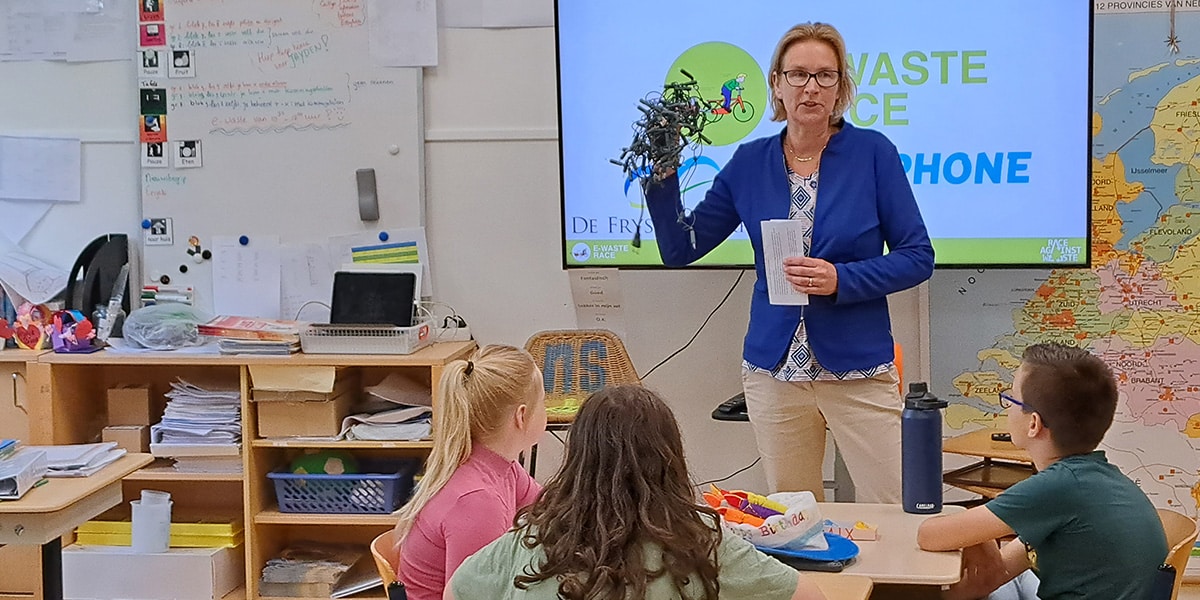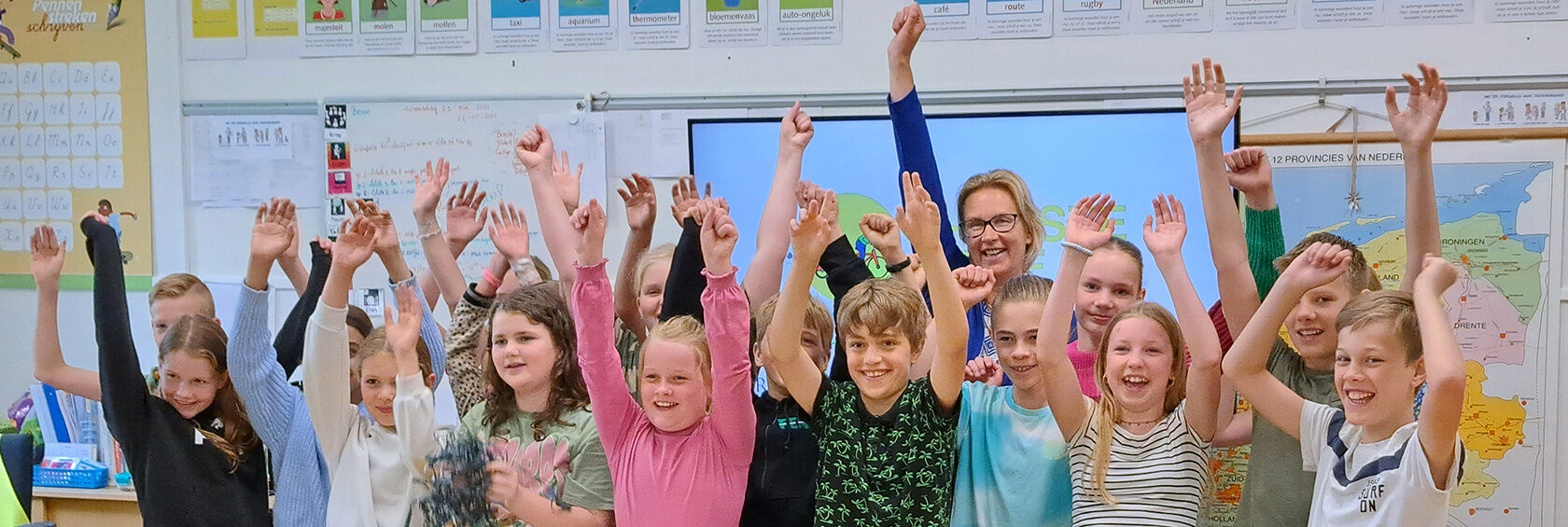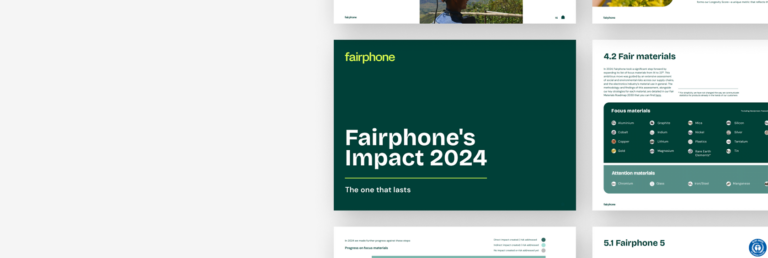Can we outrace the e-waste problem? Yes, we can.
2019. 53.6 million metric tons of electronic waste generated.
2022. 62 million metric tons of electronic waste generated.
2050. 110 million metric tons of electronic waste projected.
These aren’t figures we should be proud of. Sooner rather than later, we are going to start drowning in our own electronic filth, unless we do something about it. The problem of electronic waste is a growing global concern driven by short product life cycles dictated by a greedy market, as well as improper disposal and recycling practices. This is an absolute tragedy, because from a pure market perspective, the estimated value of recoverable materials in global e-waste is around a staggering $91 billion. Unfortunately, only about 22.3% of e-waste is properly recycled, meaning we wasted materials worth $62 billion in 2022 alone.
“More than five billion mobile phones are currently sitting unused in homes and offices globally. That’s close to four years of global smartphone sales.”
GSM Association
Responsibly collecting and recycling them into new devices would reduce the strain on already stretched supply chains. All that is not counting the environmental and human cost. Think about the health issues from hazardous materials such as the lead, mercury, and cadmium in these devices, that can leach into the soil, water and air if not treated properly. While the figures for e-waste keep growing exponentially, the amount of properly recycled e-waste seems to be stagnating. In 2022, the rate at which we generate electronic waste globally is growing five times faster than the rate of recycling. Addressing the problem of e-waste requires sustainable practices, responsible recycling, extended product life cycles, and the promotion of a circular economy to minimize waste generation and maximize resource efficiency.
How Fairphone tackles the problem
In 2019, when we launched the Fairphone 4, we also introduced the concept of electronic waste neutral smartphones to the electronics industry. Today, all our key products are e-waste neutral, be it the Fairphone 4 and 5, or the new Fairbuds and the Fairbuds XL. That means, for every one of these products that we sell, we responsibly collect and recycle an equivalent amount of electronic waste in weight. So, for example, for every Fairphone 5 we sell, we collect 212 grams of electronic waste for proper recycling.
From a broader perspective, our approach focuses on avoiding and reducing e-waste by promoting device longevity, implementing take-back programs, and integrating recycled materials. We also actively engage with users and partners to create a more sustainable and responsible product lifecycle in the electronics industry. One of our take-back methods involves the E-Waste Race, easily our most fun way to tackle the problem.

We sponsored Race Against Waste’s E-Waste Race in Zaanstad last year, educating more than 300 children about the world’s e-waste problem.
The E-waste Race is an innovative solution to responsibly collect electronic waste, while educating and inspiring thousands of children about the problem. In the races we sponsor, ten schools in a particular locality compete against each other to collect as much e-waste as possible over four weeks. In the process, children learn a lot about how to tackle the problem of electronic waste, and help direct resources back into the loop, making them available for new products. If a product is still working or can be repaired, they are encouraged to make sure it gets a second life. If that’s not a possibility, they are advised to collect it for proper recycling. Convincing friends and family to let go of unused gadgets at home, visits to repair cafés, campaigns in local newspapers, getting air time on local radio about the cause—all this translates into points that bring their schools closer to winning.
In 2023, we sponsored Race Against Waste’s E-waste Race in the Netherlands’ Zaanstad region, collecting more than five tons of electronics waste in four weeks! Buoyed by this success, we decided to broaden our scope in 2024, sponsoring not only Race Against Waste’s Fryske-Marren edition in the Netherlands, but also Das macht Schule’s E-Waste Race in Dusseldorf, Germany. Stay tuned to our social channels for the results. Here’s to more e-waste races and less e-waste in the world.



